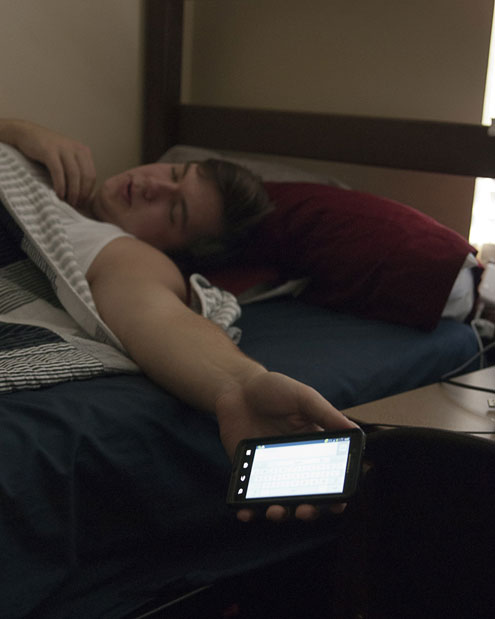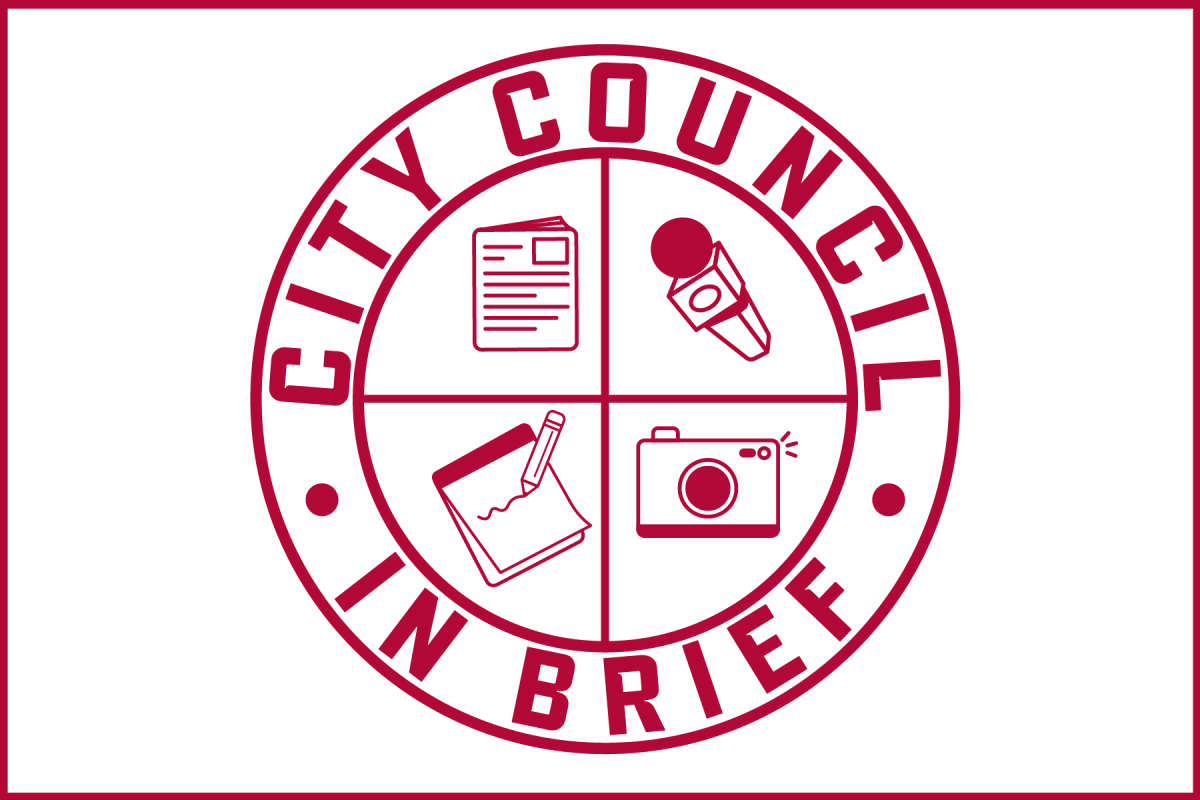 Some students may find that their social life doesn’t end when they turn out the lights and their head hits the pillow each night.
Some students may find that their social life doesn’t end when they turn out the lights and their head hits the pillow each night.
There has been growing conversation about sleep-texting, which includes responding or sending a text message from a cellular device in the middle of one’s sleep.
“[Sleep texting] would be some variation of sleep walking, where people engage in behaviors while asleep,” psychology professor Kenneth Lichstein said.
While texting in the middle of your sleep may not be an ideal situation, Lichstein said there is probably no harm psychologically to the individual. While the theory may not be known in every household, it is clear it does occur – especially among teenagers and college students.
“Sleep texting definitely can occur especially during the first two stages of sleep because you’re actually very alert, and you don’t actually fall into a deep sleep until right before you’re about to wake,” said FabryeAnne Robinson, a senior majoring in psychology.
Some students who are aware of the sleep texting phenomenon agree on its harmful side effects, such as disturbing both a good night’s sleep and social relationships.
“Even though you’re sleep texting and don’t know you’re doing it, your body is still moving and still doing something, so you’re not completely at rest,” said D’Amber Chambers, a senior majoring in general health studies. “It might feel like a wear on your body. You might wake up tired and try to figure out why you’re still so tired, and it’s because while you’re asleep you’re still texting and moving around.”
“It does have some type of effect on who you’re actually texting,” Robinson said. “Sometimes you could be dreaming, and it could actually be happening, so it can have an effect on your relationships.”
Many believe we are in an age where everyone, especially young adults, is too attached to their cell phones. So, why can’t students let go of their cell phones for the sake of getting a good night’s sleep?
“It goes to show how much we rely on technology and texting now,” Chambers said. “It shows that we [text] too much to the point where we do it in our sleep.”
A study completed in November found a connection between stress and sleep texting. Dr. David Cunnington of Melbourne Sleep Disorder Centre in Australia concluded sleep texting is a result of people having too many responsibilities in their everyday lives, according to the British newspaper The Daily Mail.
Cunnington advised those struggling with the task to remove their cell phones from their bedrooms when hitting the hay. Texting less during the day can also help to prevent unwanted messaging.









